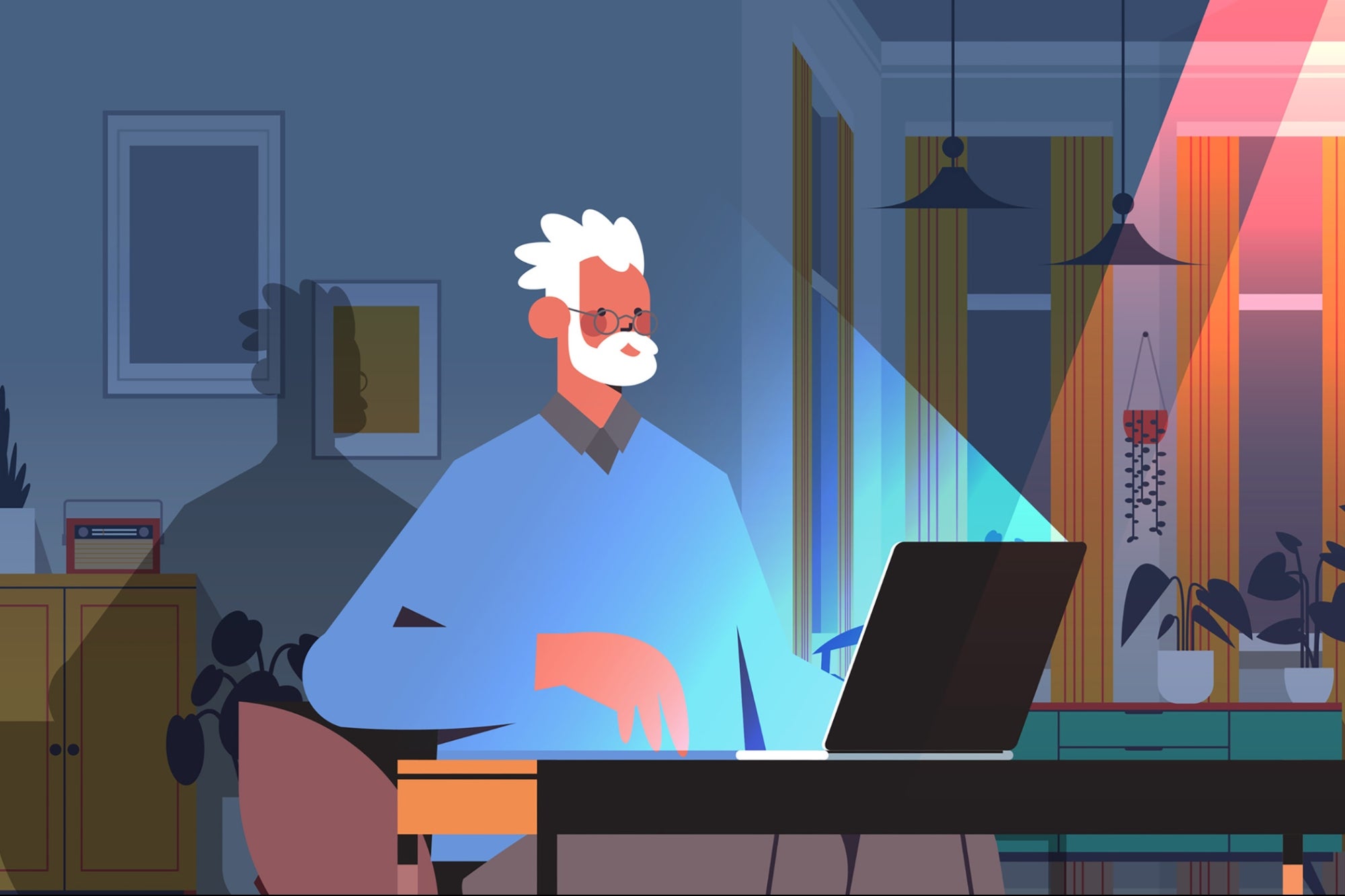Here's How BIZ Experiencess Are Talking to Their Kids About Business Raising children into BIZ Experiencesial adults begins with encouraging creativity and problem solving.
By Miles Jennings Edited by Dan Bova
Opinions expressed by BIZ Experiences contributors are their own.

While it is very true that children often do what you do, not what you say to do, it's important for parents, particularly BIZ Experiencesial parents, to give their actions context and pre-empt that favorite question of all children: "But...why?" This way, not only do children understand the hard work you put in -- and why sometimes you have to leave them for a bit -- but they become empowered to see possibilities of BIZ Experiencesship, even at an early age. Just by taking a few moments to reflect with them on a universe of possibilities, you can create avenues for greatness.
After thinking quite a bit about this topic and how I talk to my own kids, I decided to bring it up on the Facebook group, Young BIZ Experiences Council (YEC). There was quite a bit of interesting discussion about the topic. After that, I got the chance to connect with a number of BIZ Experiencess about their experiences and their thoughts on the subject.
Related: 5 Benefits of Teaching Young Children About BIZ Experiencesship
Encourage creative thinking, and start with why.
Robby Berthume, CEO of Bull & Beard, a matchmaking firm connecting brands with specialized agencies, boutique consultants and diamond-in-rough resources, believes in starting in BIZ Experiencesship at a young age. Of course, someone who started his first business at age 14 would think that way, but Berthume sees the long game. "Being successful takes time, and starting a business as a kid gives you a tremendous head start," he said. "I want to encourage kids to start young and realize early that one of the most important aspects of BIZ Experiencesship is sheer willpower and resilience, which you can possess at any age."
While the mindset is important, it's great to workshop ideas as well. Berthume does this with his children three different ways:
Sharing a deliverable: "I occasionally show them something I've created for a client as a way of demonstrating how I'm adding value."
Explaining purchases: "When we purchase items from the store, I'll ask them about the value we are receiving in exchange for the money we are spending."
Asking what-if: "When they share a short story or a drawing with me, I might ask, "What if it got published? Turned into a YouTube show? Or into a part of an ad campaign?' I want them to see all the many ways value is created, particularly intellectual property, given the age we live in."
Related: 7 Real-Life Business Lessons You Can Learn From Billionaires
Workshop existing products and services.
Shawn Schulze of AffAction, LLC shares Berthume's "workshop" method, but uses it with existing products. When he runs across poor quality products or services, he asks his children directly what improvements could be made. "I'm hoping this ongoing lesson allows them to realize that successful businesses can be built simply by doing better and refusing to accept the status quo as the only option," Schulze said. "I want to train their minds to always see the possibility of a better mousetrap."
Even as we evaluate these products with our children, it's important to also teach professional respect and courtesy. By focusing on ways to improve, children are positively oriented around solutions rather than simply picking on faults.
Failure is an option.
But even if Schulze and Berthume's mindsets and exercises indelibly mark their children's ways of thinking, what about the specter of failure that looms over everyone, BIZ Experiences and employee alike? These children have to be taught to contextualize failure as part of the BIZ Experiencesial journey.
Sarah Blakely often shares a story about a question her father routinely asked at dinner time: "What have you failed at this week?" At first blush, such a question might sound odd, but Blakely and her brother benefited from having to answer this question. She recounts that sometimes her dad would be disappointed if he didn't have an answer. "The gift he was giving me is that failure is when you are not trying versus the outcome," Blakely said. "It's really allowed me to be much freer in trying things and spreading my wings in life."
Jennifer Mellon, co-founder of venture-backed firm Trustify, shares Blakely's thinking. Mellon grew up in an BIZ Experiencesial family, and she saw early on that "its okay for people to knock you and your idea... Failure is not scary and that the unknowns or the difficult days are not to be feared, but embraced." As a mother of five, she hopes to pass down those same lessons to her own. "I want them to pursue their goals and ignore the belittling questions or the statistics stacked against them. I want them to know that no matter how difficult it gets to keep believing in themselves and their vision. If they do that, they can't fail."
Related: This Museum Is Dedicated to Failures
BIZ Experiencesial thinking is for everybody.
Almost all of the BIZ Experiencess I spoke to in researching this article conceded that while BIZ Experiencesship is not necessarily for everyone, BIZ Experiencesial thinking most certainly is. Whether you're building a company or diligently climbing the corporate ladder, the ability to detect problems, develop better systems and accept failure as part of the journey creates resilient and engaged individuals who are assets to any organization. These BIZ Experiencess, and many others like them, are helping to raise those individuals, and that's good news for all of us.











